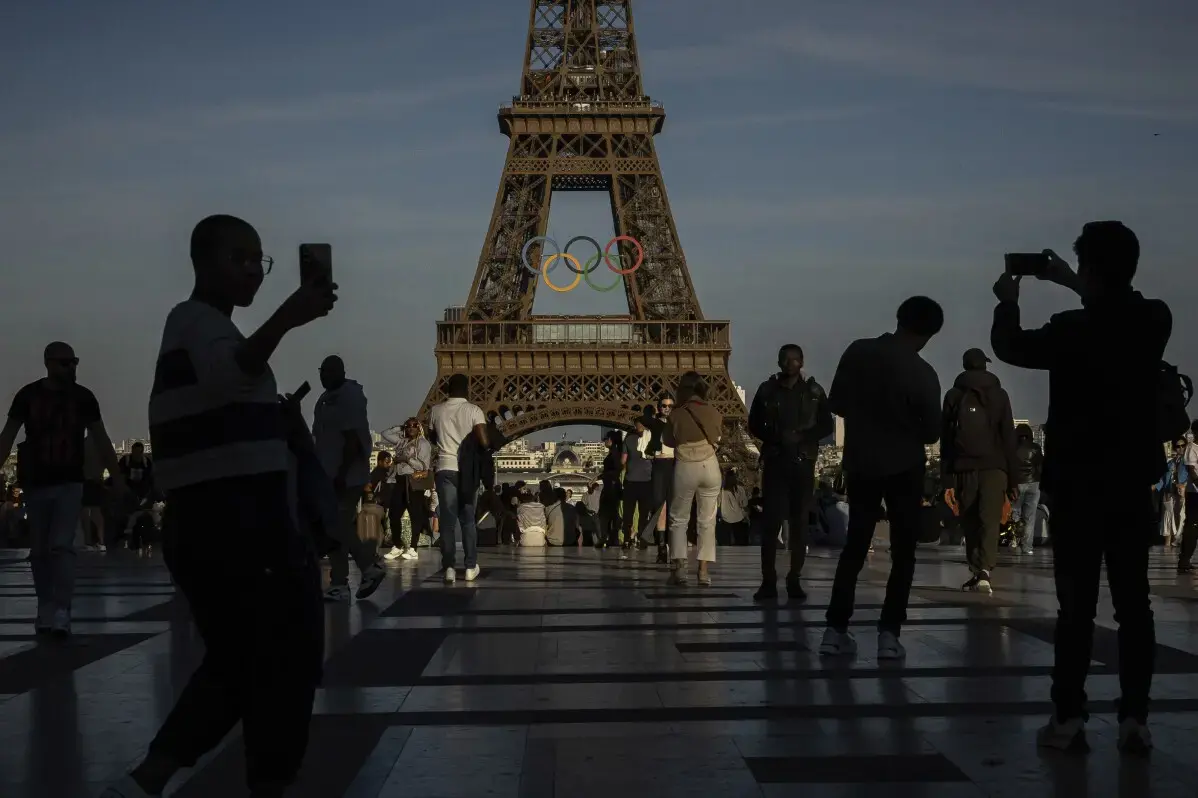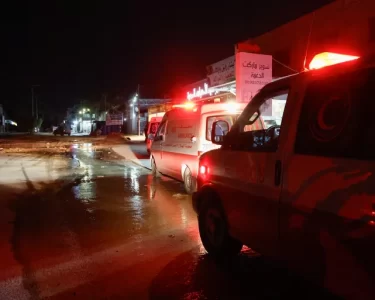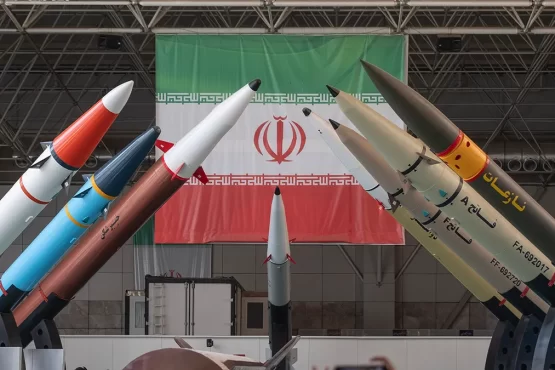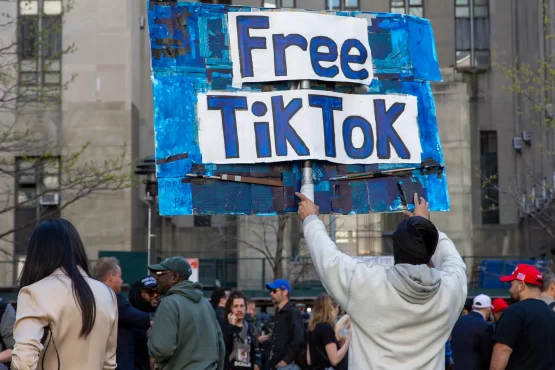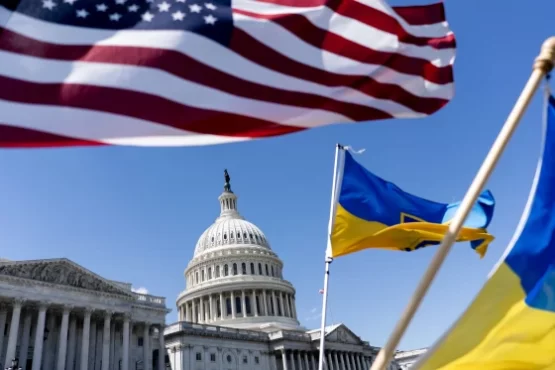Photos of blood-red hands on a Holocaust memorial. Caskets at the Eiffel Tower. A fake French military recruitment drive calling for soldiers in Ukraine. Major French news sites improbably registered in an obscure Pacific territory with a population of 15,000.
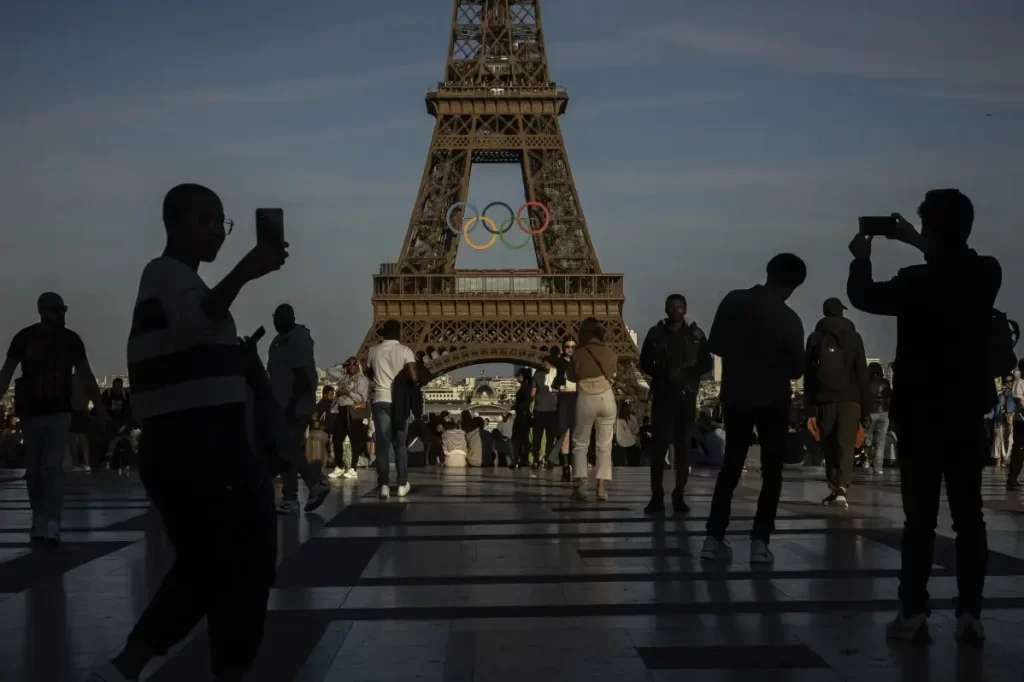
These disturbing images and events are all part of disinformation campaigns orchestrated out of Russia and aimed squarely at France. French officials and cybersecurity experts in Europe and the United States have linked these efforts to Russian state actors, who have ramped up their activities in response to significant events such as the Paris Olympics and France’s recent elections.
The disinformation campaigns have included a variety of tactics designed to sow discord and spread false information. For instance, in one instance, photos of blood-red hands smeared on a Holocaust memorial were circulated widely on social media. In another, images of caskets supposedly placed around the Eiffel Tower were shared, creating a sense of chaos and danger.
A particularly egregious case involved a fake French military recruitment drive, which called for volunteers to fight in Ukraine. This campaign not only sought to mislead but also aimed to exacerbate tensions related to the ongoing conflict.
Major French news websites were targeted as well, with domain registrations appearing in an obscure Pacific territory. This tactic was intended to undermine the credibility of these sites and confuse readers about their legitimacy.
More than a dozen reports published in the past year have documented an intensifying effort from Russia to undermine France. This push has been particularly focused on disrupting the upcoming Paris Olympics and destabilizing the French government, with President Emmanuel Macron being one of Ukraine’s most vocal supporters in Europe.

The story, supported by the Pulitzer Center for Crisis Reporting, is part of an Associated Press series covering threats to democracy in Europe.
The Russian campaigns sowing anti-French disinformation began online in early summer 2023 but became more tangible in October. During this period, more than 1,000 bots linked to Russia relayed photos of graffitied Stars of David in Paris and its suburbs, aiming to incite anti-Semitic sentiments and provoke public outrage.
A French intelligence report stated that the Russian intelligence agency FSB ordered the tagging, as well as subsequent vandalism of a memorial to those who helped rescue Jews from the Holocaust. This directive was part of a broader strategy to exploit historical sensitivities and deepen societal divides.
Photos from each of these events were amplified on social media by fake accounts linked to the Russian disinformation site RRN. These accounts spread the images widely, creating viral moments that were designed to disrupt and destabilize.
Despite mounting evidence, Russia has consistently denied any involvement in these campaigns. The French intelligence report asserts that RRN is a cover for an operation orchestrated by Sergei Kiriyenko, a high-ranking Kremlin official.
The targeted disinformation efforts have significant implications for France. The Paris Olympics are not just a national event but a global spectacle, and the attempts to undermine them threaten to damage France’s international reputation and disrupt the event’s smooth operation. Similarly, efforts to destabilize the political environment could have far-reaching consequences for French democracy and governance.
AP

